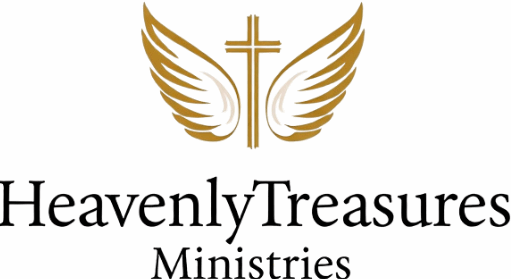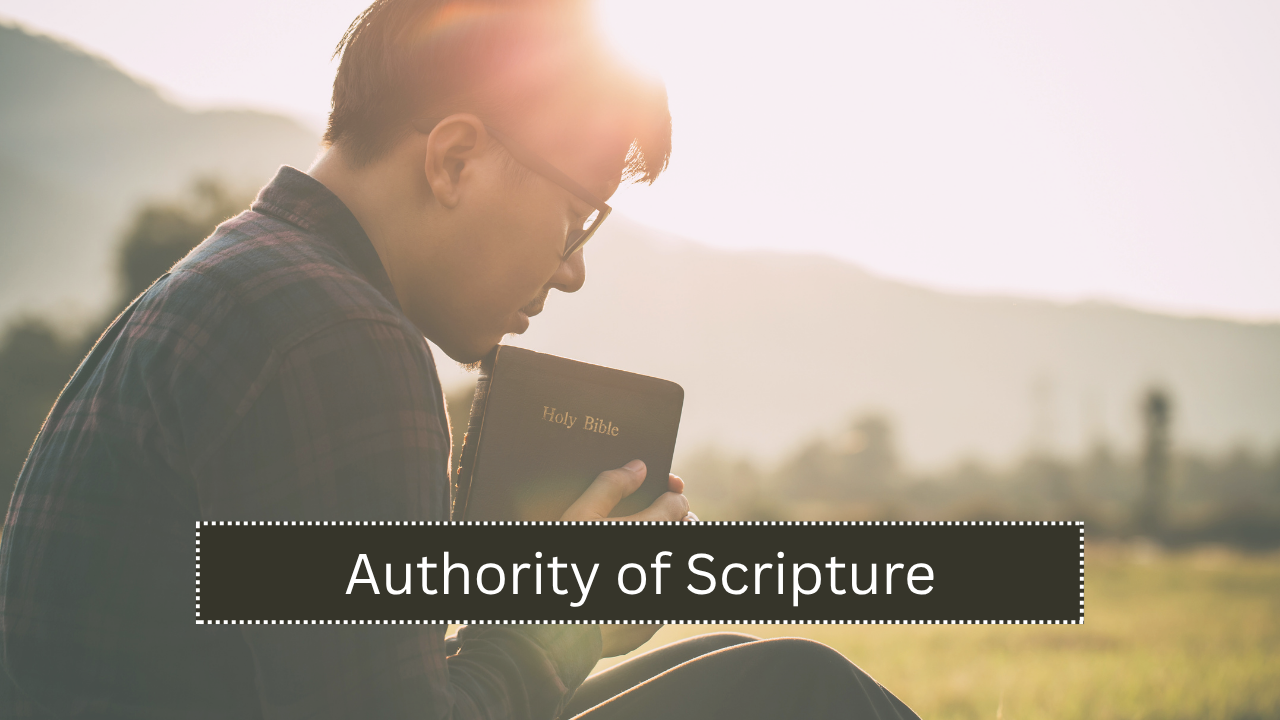The concept of biblical authority has undergone profound scrutiny in a postmodern world where absolute truths are often rejected. Postmodernism, characterized by skepticism toward meta-narratives and institutional authority, challenges the traditional understanding of Scripture as an objective and binding standard. The Christian church now operates within a cultural setting that often elevates individual experience and cultural relevance above divine revelation. This shift necessitates a renewed and deeper articulation of Scripture’s authority, both within the church and in broader cultural engagement.
Understanding Postmodernism
Postmodernism is a philosophical and cultural movement that questions universal truths and embraces relativism. Its impact on theology, particularly biblical authority, is significant.
- Core Features of Postmodernism:
- Rejection of absolute truth
- Emphasis on subjective experience
- Distrust of institutions and traditions
- Fluidity of language and meaning
- Implications for Christianity:
- Undermines the idea of Scripture as universal truth
- Challenges traditional interpretive frameworks
- Elevates personal interpretation over orthodox teaching
Biblical Authority: Historical Perspective
Biblical authority refers to the belief that the Bible is the inspired, infallible, and sufficient word of God. Historically, Christians have upheld Scripture as the final standard in matters of faith and practice.
| Period | View of Scripture |
|---|---|
| Early Church | Scripture viewed as divine revelation alongside apostolic teaching |
| Reformation | Sola Scriptura emphasized Scripture as the sole authority in faith |
| Enlightenment | Rationalism led to critical approaches, but some upheld biblical inerrancy |
| Modern Evangelicalism | Emphasis on inerrancy, infallibility, and literal interpretation |
Challenges to Authority in a Postmodern Context
In a postmodern culture, the Bible is no longer automatically granted authority. Several cultural dynamics have contributed to this shift.
- Moral Relativism: Undermines the notion of biblical moral absolutes.
- Deconstructionism: Questions authorial intent, suggesting multiple, equally valid interpretations.
- Pluralism: Places Scripture on equal footing with other religious texts.
- Technological Influence: Shifts attention to immediacy and experience, weakening depth and reflection.
Cultural Attitudes Toward Scripture
A postmodern world often approaches the Bible with suspicion or apathy. Surveys and studies show shifting attitudes even within Christian communities.
| Group | Attitude Toward Scripture |
|---|---|
| Secular society | Views the Bible as a historical or literary text, not authoritative |
| Younger Christians | Often see Scripture through a lens of social relevance rather than divine truth |
| Mainline denominations | May prioritize tradition or reason over scriptural primacy |
| Evangelical communities | Continue to affirm biblical authority, but struggle with cultural pressures |
Scriptural Authority and Hermeneutics
Hermeneutics, the study of interpretation, plays a critical role in maintaining the authority of Scripture in the postmodern era.
- Literal vs. Contextual Reading:
- Postmodernism resists rigid literalism, yet over-contextualizing can strip Scripture of its core messages.
- Authorial Intent:
- Postmodern readers often focus on reader-response, ignoring the divine-human authorship of the text.
- Canonical Unity:
- Upholding the Bible’s unity is essential for maintaining doctrinal coherence and authority.
Theological Foundations for Authority
The authority of Scripture rests on theological convictions that remain unchanged despite cultural shifts.
| Theological Concept | Explanation |
|---|---|
| Divine Inspiration | Scripture is “God-breathed” (2 Tim 3:16), reflecting God’s will and character |
| Inerrancy | Original manuscripts are without error in all they affirm |
| Sufficiency | Scripture contains all that is necessary for salvation and godly living |
| Clarity | Core teachings of the Bible are understandable by all believers |
Responding to Postmodern Critiques
Christians must engage with postmodern critiques without compromising the authority of Scripture.
- Dialogue with Compassion:
- Acknowledge legitimate concerns (e.g., misuses of Scripture) while pointing to its redemptive core.
- Contextual Apologetics:
- Present the Bible as relevant, transformative truth rooted in history and divine action.
- Authentic Witness:
- Embody Scripture’s teachings through love, justice, and humility to gain credibility.
- Intellectual Rigor:
- Equip believers with sound theological and philosophical training to engage skeptically-minded audiences.
The Role of the Church
The church plays a vital role in affirming and transmitting the authority of Scripture.
| Church Function | Contribution to Upholding Scripture |
|---|---|
| Preaching and Teaching | Centering sermons and lessons on biblical exposition |
| Discipleship | Training believers to read, interpret, and apply Scripture |
| Community Life | Living out biblical values in relationships and service |
| Correction and Discipline | Ensuring doctrinal and ethical accountability in alignment with Scripture |
Educational and Discipleship Strategies
To counter the postmodern drift, intentional formation is necessary in churches and Christian institutions.
- Biblical Literacy Campaigns
- Encourage systematic reading plans and Scripture memorization.
- Hermeneutics Training
- Offer courses on how to interpret Scripture responsibly.
- Youth Engagement
- Use media, dialogue, and storytelling to introduce biblical authority in relatable ways.
- Digital Discipleship
- Leverage technology to reinforce biblical truth without compromising substance.
Scripture as Transformative Narrative
While postmodernism distrusts meta-narratives, Scripture presents a counter-narrative that invites participation rather than coercion.
| Biblical Narrative Element | Postmodern Appeal |
|---|---|
| Creation and Identity | Offers rooted identity in God, countering identity confusion |
| Fall and Brokenness | Acknowledges human pain and moral complexity |
| Redemption in Christ | Provides hope and renewal beyond moralistic solutions |
| Restoration of All Things | Inspires imagination for justice and renewal in a fragmented world |
Wrapping Up
Biblical authority remains essential in a postmodern world not because culture affirms it, but because it originates from the unchanging nature of God. Scripture’s relevance, power, and truth do not diminish with cultural shifts but stand as a beacon of divine light amid confusion. The church’s responsibility is to uphold this authority with clarity, conviction, and compassion—making the Word of God both heard and seen in every generation.

